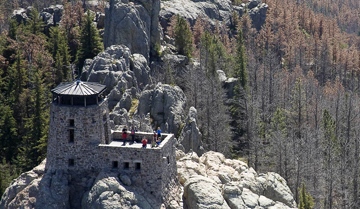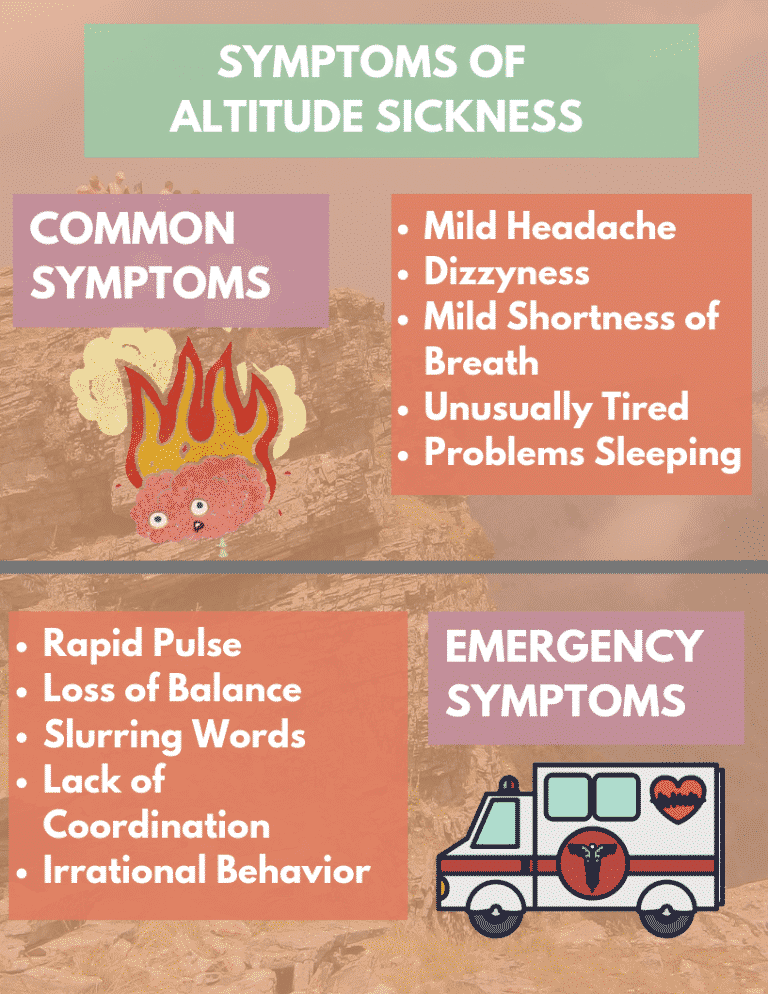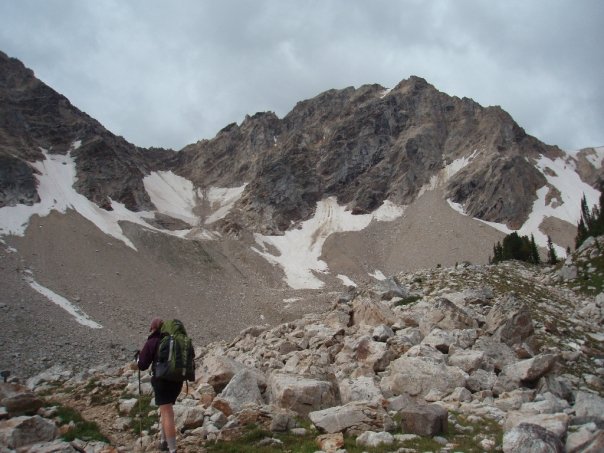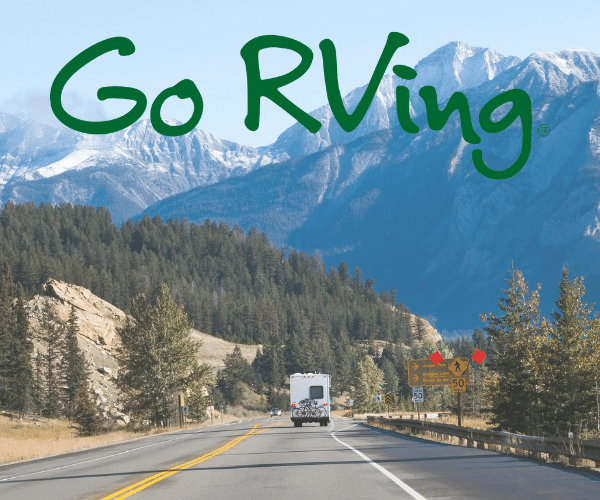Your camper is packed. Your itinerary is planned. Reservations are made. And you’re off on your camping trip to the mountains! But when you arrive at the campground, you don’t feel so good. You chalk it up to the excitement of finally being on vacation and letting go of all the stress from work. It could be that….or….it could be altitude sickness. It’s not uncommon in the Black Hills of South Dakota which has the highest mountain peaks between the Rocky Mountains and the Swiss Alps. Black Elk Peak, which is the most popular hike in the Hills, takes you to 7,242 feet.

At high altitudes there is less oxygen and less air pressure, which is a problem for your brain. Your brain needs large amounts of air to work. Symptoms of altitude sickness can include difficulty sleeping, dizziness, fatigue, headaches, loss of appetite, nausea or vomiting. It can begin anywhere from six hours to two days following arrival and persist for days. It’s no fun. But you can lessen you chances of getting it or its severity by taking 40-80 mg of Ginkgo 3 times a day, a day or two before you get to the mountains. Ginkgo helps to improve blood circulation and the brains ability to tolerate low oxygen levels. It’s also good to take one high potency B vitamin complex (B1, B2 & B3) three times a day and to eat foods like spinach, asparagus, broccoli, cauliflower, beets, and lentils. Caffeine should be avoided because it will cause your body to get rid of the Vitamin B faster and before it can do any good.

Another side effect that can happen at altitude is sore muscles. No matter how much you’ve trained, your muscles may still be sore. This is because they are starving for O2 at altitude. The Vitamin B complex will help with this. Another cause can also be that pizza and French fries you have for dinner. High sodium foods affect potassium balance. When our potassium is low, muscle recovery more difficult. Your best remedy is potassium which is an electrolyte. Drink those electrolyte replacements like power aid, propel, or Gatorade. And try to avoid salt and processed foods.

In addition to taking ginkgo, B vitamins, and eating potassium rich foods three times a day, there is one more point that can’t be understated: water, water, water. The human body needs half its body weight in ounces of water daily for maintenance of basic metabolic function, and more during times of heavy exercise. So…… the solution to pollution is dilution…bottoms up.
Lesa McDermott | Girl Camper Guide to the Black Hills
Follow me on Facebook or Instagram
You can also join the GC Black Hills Facebook group page





0 Comments